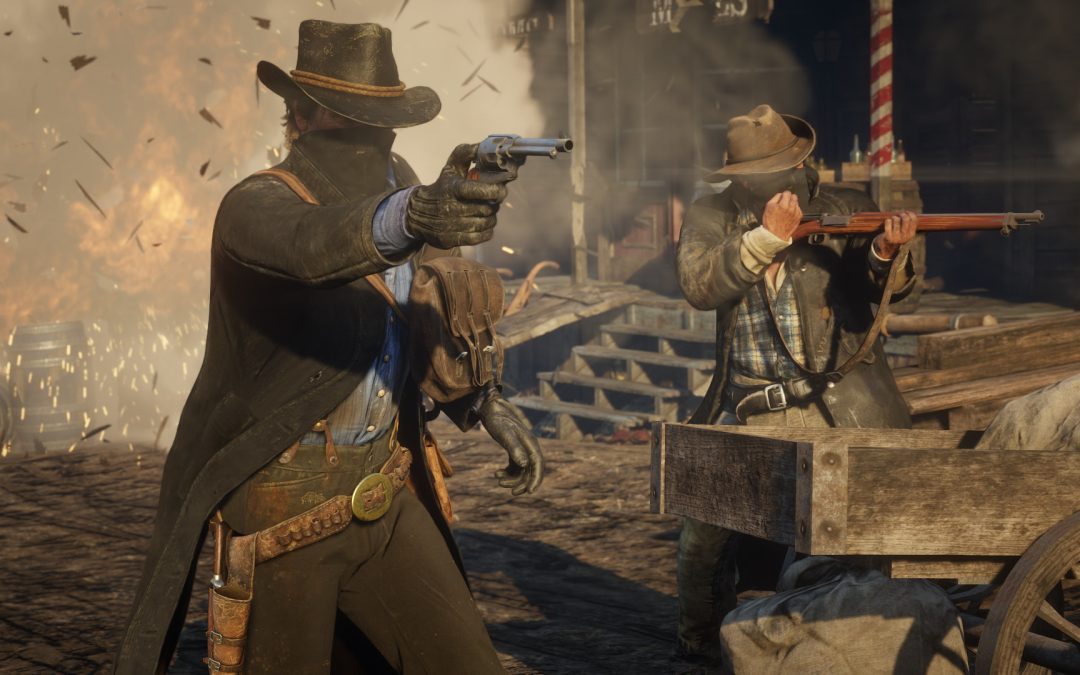In an interview with New York Magazine, Rockstar’s Dan Houser stated that he and some members of the team were working some very, very long weeks in order to finish Red Dead Redemption 2.
“We were working 100-hour weeks,” says Houser. Going on to elaborate on the incredible amount of work that goes into making a game like this by stating that they even made “70 versions” the game’s trailers and television commercials with the team’s editors probably working on “several hundred” versions of those spots.
These comments caused some people to become quite concerned about what Rockstar expects of their employees. After all, we’ve heard quite a few stories in recent years about studios (and other businesses) that will force their employees to endure hundreds of extra hours of crunch time in order to complete a project. More often than not, these hours are either mandatory or at least strongly encouraged. There are even times when this extra work is not rewarded with additional pay, time off, or any other benefits.
In response to those concerns, Houser issued a separate statement that clarifies that the hours of work he was talking about were limited to a small number of senior staff and were not demanded of from any other member of the team.
“After working on the game for seven years, the senior writing team, which consists of four people, Mike Unsworth, Rupert Humphries, Lazlow [Jones] and myself, had, as we always do, three weeks of intense work when we wrapped everything up,” said Houser. “More importantly, we obviously don’t expect anyone else to work this way. Across the whole company, we have some senior people who work very hard purely because they’re passionate about a project, or their particular work, and we believe that passion shows in the games we release. But that additional effort is a choice, and we don’t ask or expect anyone to work anything like this.”
However, it should be noted that this is not the first time that Rockstar has been called over how many hours they require their employees to work. In 2010, spouses of members of the Rockstar San Diego team published an open letter in which they claimed that studio employees were being overworked at the same time that the studio was removing some of their benefits. They questioned how games like Grand Theft Auto could generate a billion dollars in revenue while the people who made the game were forced to endure such conditions.

